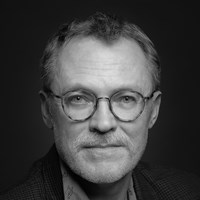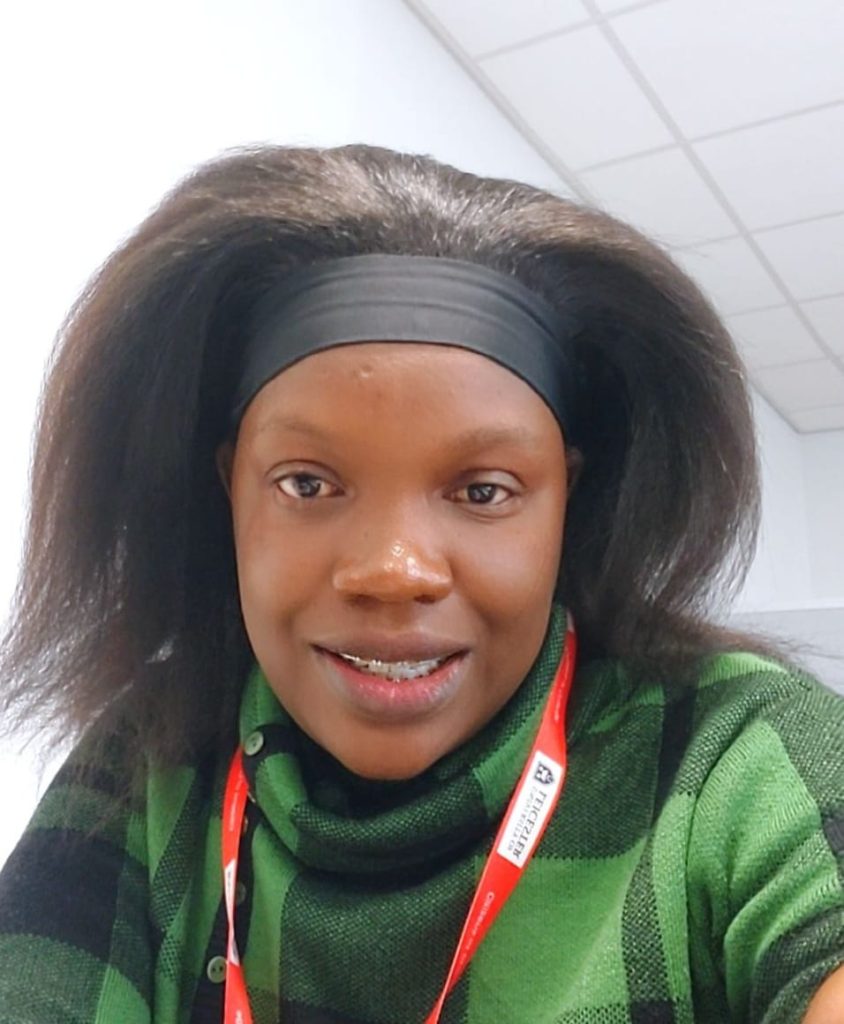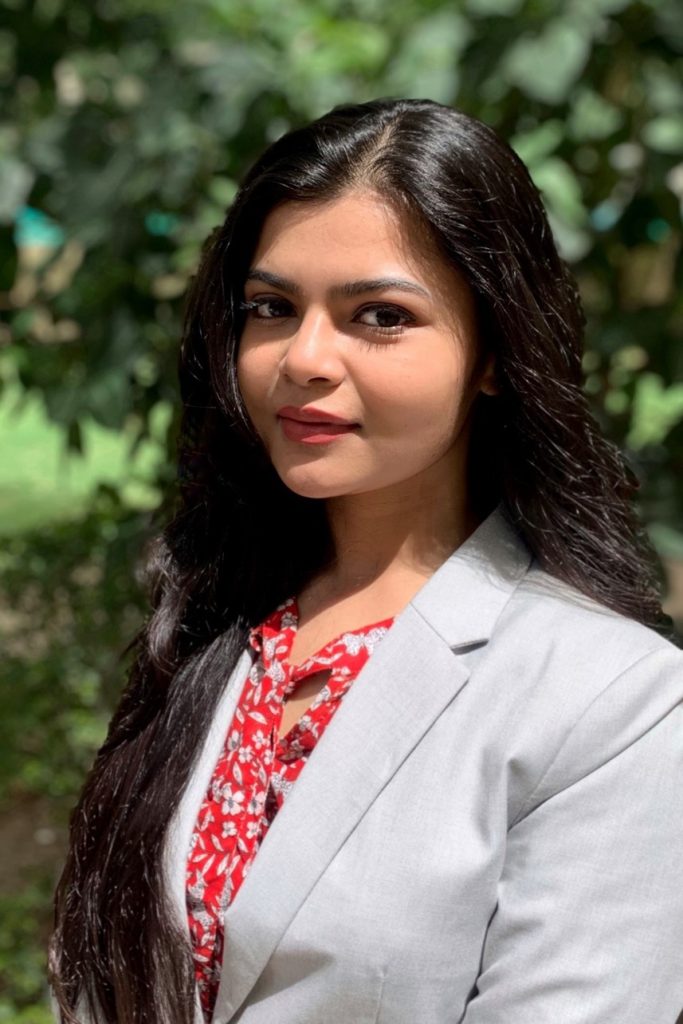
In this spotlight, we learn more about LIAS Associate Fellow Dr Sarah Gunn’s work with families impacted by Huntington’s disease (HD), a debilitating and progressive neurodegenerative disorder.
A chance occurrence can change everything. When Dr Sarah Gunn (a clinical psychologist and researcher in the School of Psychology and Vision Science) went to work in a neurorehabilitation unit in 2013, she had no idea that her experiences there would come to define her career. This is where Sarah first worked with people affected by Huntington’s disease, a neurodegenerative, life-limiting condition which causes deterioration in people’s physical and cognitive abilities, and is linked to often significant changes in emotional wellbeing and behaviour.
Huntington’s is a genetic condition, inherited from an affected parent, and while physical symptoms emerge around at around 35-45 years, its associated cognitive, emotional and behavioural difficulties can develop as much as 15 years earlier. Among people and families affected by Huntington’s, struggles with psychological wellbeing are painfully common: difficulties with low mood, anxiety, grief, anger and irritability are understandably rife. And yet, these difficulties are under-researched and there is little tailored psychological support available for Huntington’s families.
Sarah has made it her mission to change that. She has been researching the psychology of Huntington’s with a range of skilled collaborators since 2017, with key papers in understanding psychological difficulties in Huntington’s from the research/clinical and person-centred perspectives, and demonstrating difficulties with psychological wellbeing throughout Huntington’s families. Since 2022, she has been collaborating with the Huntington’s Disease Association (HDA, a fantastic charity which provides extensive support to people and families affected by Huntington’s). Sarah has developed programmes of psychological support based on ‘Acceptance and Commitment Therapy’, a flexible and creative therapeutic approach which she has adapted to help people live as well as possible alongside the challenges of Huntington’s. Through her partnership with the HDA, supported by two years of ESRC IAA funding to date, Sarah has delivered regular therapeutic interventions which are freely accessible through the HDA, and which are showing highly positive quantitative and qualitative outcomes.
In parallel, Sarah is working with her fantastic partners at Lancaster University, Professor Jane Simpson and Dr Fiona Eccles. Together, they are further exploring experiences of mental wellbeing among people affected by Huntington’s, to provide crucial evidence of strengths and areas of need which can help to drive change in healthcare. This work has kindly been funded by the European HD Network through a Lesley Jones Seed Fund grant.
LIAS have been central to Sarah’s community work and creation of impact, generously providing support to enable the launch and continuation of the Leicestershire HD Network – a collaborative effort between Sarah, her University of Leicester colleague Professor Flaviano Giorgini (Genetics and Genome Biology), and Dr Reza Kiani and Dr Maria Dale from our excellent local NHS Huntington’s service. The Network offers research updates, clinical information, and community support to people affected by Huntington’s, and to the researchers and healthcare workers who work with them and support them. So far, people have attended the events from across five counties, and the Network has had remarkable and much-appreciated support from the Huntington’s community, the HDA, the EHDN, high-profile researchers, and skilled clinical workers.
Recently, Sarah and her brilliant team (including her research assistant, doctoral students and clinical psychology trainees) have contributed to the HDA’s Research Appreciation day through videos, with the HDA generously providing a blog and YouTubehttps://www.youtube.com/playlist?list=PLM4sSUw-iP8kCp2hxC5tAe02j6C-RrkNY reel specific to Leicester’s Huntington’s research. Sarah and her team are immensely grateful for the HDA’s support, and the support and collaboration they get from the Huntington’s community.
Sarah’s current next steps include publishing her book on psychological care of people affected by Huntington’s, which will come out in early 2026, and continuing to work on driving forward better mental healthcare for people affected by Huntington’s through her clinical and academic work.









